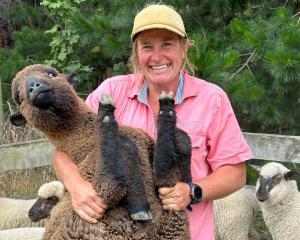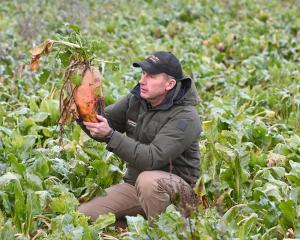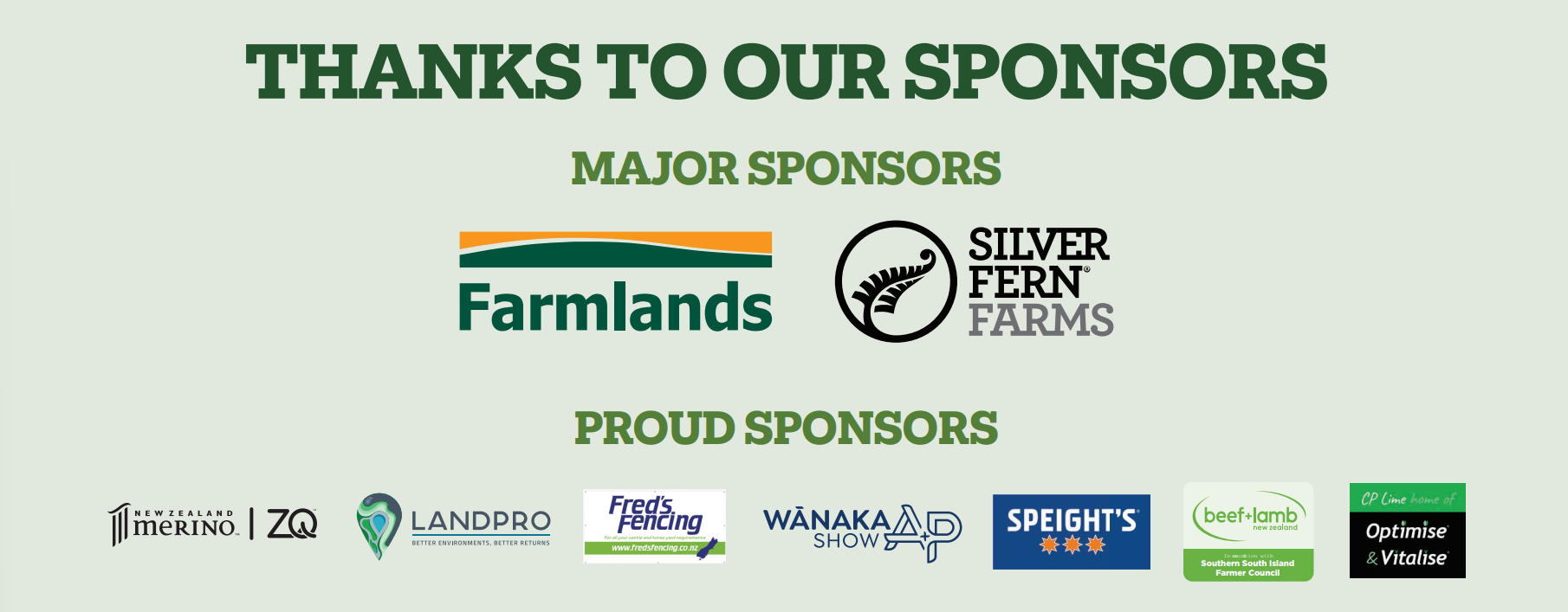
After three years of planning and logistics the solar farm was turned on last year.
"We did it before it was cool, if that makes sense, and quite early on.
"The reality of it was that we knew absolutely nothing about solar. At first we were going to do it for the effluent pump at our cow shed that we were relocating from Marlborough and I still actually haven’t put it in.
"The idea of the solar farm started around the kitchen table and the old man and I were having a yarn at the end of the driveway and thought could we go bigger? My parents, John and Betsy, have done a lot of different things as well and have worked bloody hard to allow us to be in a position to take this on."
He rang up the local network company and asked how large an operation they could put in and after a few weeks was told 1.2MW.
The 2.5ha site ended up producing 1.43MW which supplies the energy needs of just over 310 houses.
Chugging through the resource consent process and even a union strike on an Australian wharf delaying their solar panel shipment failed to derail the project.
Months of work dealing with power retailers, the council and bank — including over Covid lockdowns — were needed to get it over the line.
Mr Hills was working in construction management in Australia when he returned in 2017 to take on the farm with partner Monique and their children Georgia, Macy, and Austin.
The chosen site is on heavy, wet soils, less than ideal for farming and perfect for a solar farm.
The Hills farm 280ha where they milk 370 cows, rear young stock including replacements, breeding bulls and beef animals, with another 500ha consisting of 350ha in regenerating native bush, and forestry blocks.
The people, animal health and land are the first priorities, with milk production "fourth down the line". Milk quality is high on the list. Once-a-day milking was introduced in the 2017-18 season and they have managed to maintain their production on a low-input system, he said.
The early adopters of technology who like to nudge farming forward pride themselves on their small carbon footprint.
All their power goes to the main grid and does not feed their own needs because of their location, although a 20KW system is about to go into the cow shed.
Mr Hills insisted on their own electricity connection being 100% renewable and switched to a certified company to achieve this.
"To get a return on investment everything has to be viable otherwise it is not sustainable. We really care about the environment. There’s a point in time when you have to look at your kids in the eyes and farming cops a lot unfairly when there’s some bloody good farmers in New Zealand leading the way in initiatives, and I don’t think they get a lot of credit for what they do."
Mr Hills won the Nelson Tasman Chamber of Commerce environmental award.
He sits on the steering group for the Farmers Across Marble Aquifer catchment group and is an executive director for the Rural Service Centre, a country store and vet clinic.
On top of co-coaching his daughters’ under-6 rugby team, he co-coaches the senior Takaka side and is vice-president of the Takaka Rugby Club.
















